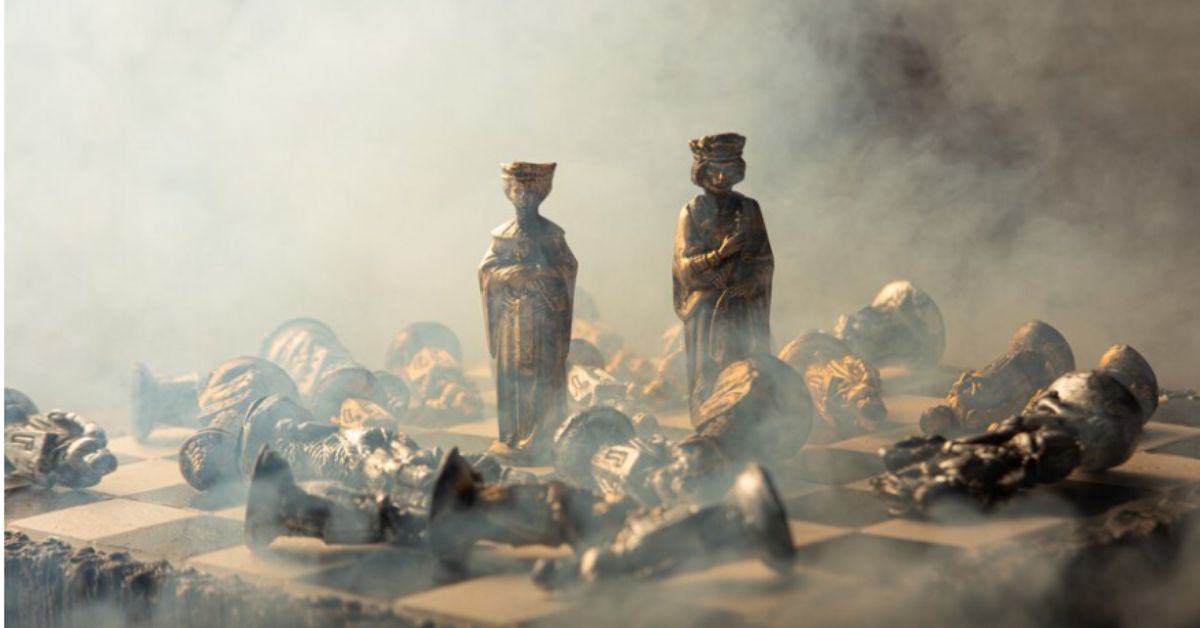The history of awards dates back to ancient civilizations, where recognition was an essential part of society. In early times, achievements were often celebrated through rituals, trophies, and symbolic objects. Ancient cultures like the Egyptians, Greeks, and Romans bestowed honors to warriors, athletes, and scholars as a means of acknowledging their contributions. For instance, in ancient Greece, victories in Olympic Games were celebrated with olive wreaths, symbolic of success and excellence. Similarly, in Rome, triumphal parades were held to honor military generals for their achievements. These early forms of recognition laid the foundation for the modern concept of awards, where tangible representations like plaques, medals, and trophies became more prevalent over time.
As societies progressed, the notion of awards expanded to include various fields such as arts, sciences, and leadership. Recognition shifted from simple tokens to elaborate and personalized forms, such as engraved plaques and medals, symbolizing not only achievement but also dedication and impact. Ancient awards helped establish traditions of honoring individual and group accomplishments, influencing contemporary practices in diverse fields today.
From Rituals to Recognition: The Evolution of Awards Throughout History
The evolution of awards mirrors the changes in societal values and the increasing complexity of human achievement. Early awards were often bestowed through rituals and ceremonies, where symbols were exchanged to signify success. Over time, these rituals evolved into more formalized systems of recognition, leading to the creation of plaques, medals, and trophies.
During the Middle Ages, awards were primarily limited to military, religious, and royal achievements. Knights were often recognized with insignias or shields, and clergy were awarded through religious relics. By the Renaissance period, awards began to include intellectual and artistic achievements, giving rise to art competitions and literary honors.
The Industrial Revolution marked a turning point, as awards became more inclusive of industrial, technological, and social accomplishments. Organizations began to create custom plaques and trophies to honor innovations in fields such as engineering, manufacturing, and business. These developments paved the way for the sophisticated, modern awards systems we see today, blending tradition with innovation.
Ancient Practices: How Early Societies Honored Excellence Through Awards
In ancient times, the concept of honoring excellence was deeply rooted in cultural and societal values. Early awards, such as ceremonial shields and crowns, served to recognize the bravery and skill of warriors, athletes, and leaders. In ancient Egypt, pharaohs were honored with golden plaques inscribed with their achievements, symbolizing their divine right to rule and their contributions to the empire.
Similarly, in ancient China, emperors bestowed jade plaques and silk ribbons to scholars and officials who excelled in their duties. These awards were not only expressions of individual achievement but also reflections of societal ideals such as wisdom, leadership, and loyalty. In these early forms, plaques were crafted with intricate designs, often representing symbols like nature, gods, or historical events.
As societies advanced, so did the complexity of these awards. They became more personalized, incorporating inscriptions that celebrated specific deeds or virtues. This progression paved the way for the development of modern plaques, which combine artistic design with functional recognition of excellence.
The Role of Awards in Shaping Modern Societal Recognition
As societies progressed, awards became more inclusive, recognizing contributions across a broader range of disciplines and achievements. Today, awards play a significant role in shaping modern societal recognition, providing a platform for celebrating excellence in fields such as arts, science, technology, business, and philanthropy.
Custom plaques, for example, have become a common form of recognition in corporate and academic settings. Organizations use these plaques to honor leadership, innovation, and teamwork, creating a tangible representation of success. Modern awards often combine traditional elements, such as engraving and symbolic design, with contemporary features like digital integration or interactive displays.
The transition from simple ceremonial objects to highly personalized awards has allowed for more meaningful recognition. In the digital age, where achievements are celebrated on global platforms, plaques have adapted to serve as symbols that capture not only individual accomplishments but also the collective spirit of innovation and progress.
From Trophies to Digital Awards: The Transformation of Recognition Over Centuries
Over the centuries, the form of awards has shifted dramatically, moving from physical objects to digital representations. While trophies and plaques were once the primary symbols of achievement, the rise of technology has introduced new forms of recognition, such as virtual awards, certificates, and digital badges.
In recent times, digital awards have become increasingly popular, allowing recipients to showcase their accomplishments on online platforms. Awards such as digital plaques or virtual trophies offer convenience and accessibility, ensuring that achievements are recognized across a broader audience. Despite this shift, physical plaques continue to hold their significance in various contexts, particularly in industries that value tradition and personalization.
Modern awards, whether they are digital or physical, reflect a rich history of recognizing human achievement. Custom plaques, in particular, have evolved to meet the diverse needs of individuals and organizations, blending artistic craftsmanship with functional recognition. Whether displayed in a corporate office or a personal collection, these awards continue to honor the legacy of excellence that has been celebrated for centuries.
Celebrating Milestones: How Awards Have Evolved in Contemporary Times
In contemporary times, awards have become a crucial element of professional and personal milestones. The focus has shifted from merely recognizing achievement to celebrating the journey and impact of recipients. Custom plaques now incorporate innovative designs and cutting-edge technology to reflect the dynamic nature of modern society.
For example, in the field of business, awards often highlight leadership, innovation, and sustainable practices. Personalized plaques are designed to represent not just individual achievements but also the mission and values of the organization. Similarly, in creative industries such as music, film, and fashion, awards celebrate originality and the power of artistic expression.
Moreover, contemporary awards emphasize inclusivity and diversity, ensuring that a wider range of individuals and groups are recognized for their contributions. From non-profits to multinational corporations, custom plaques have become symbols of achievement that resonate with recipients, fostering a deeper connection to the work they do. As the concept of awards continues to evolve, it remains rooted in the historical significance of honoring excellence.
ALSO READ: Ancient Artz: A Glimpse into Early Human Creativity



